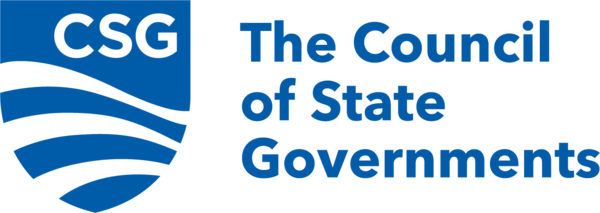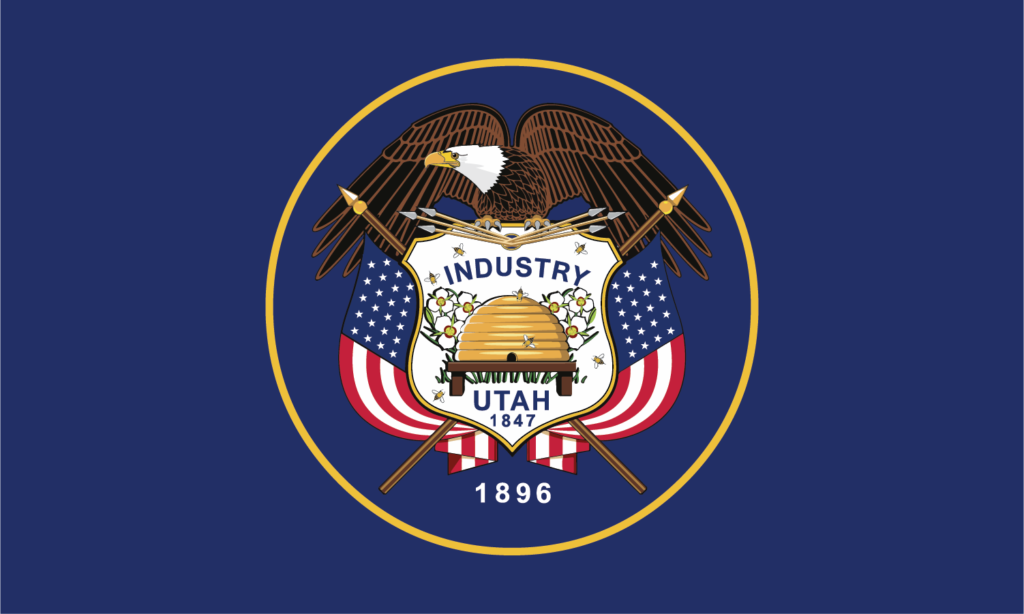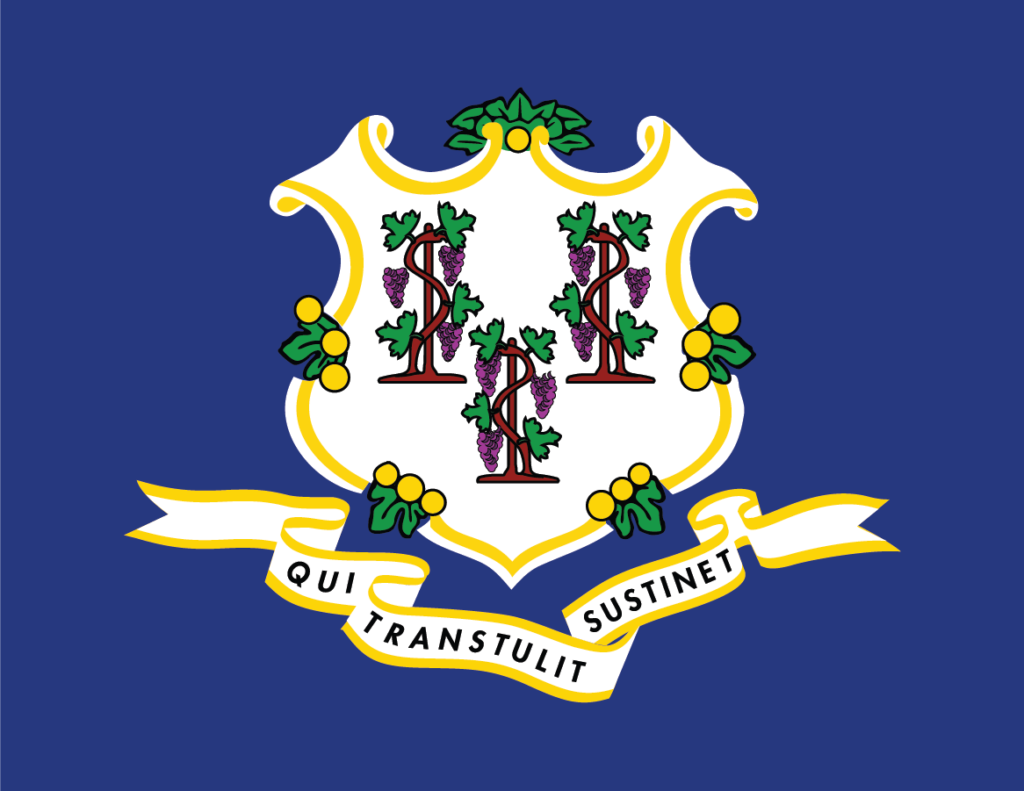CSG Launches New Occupational Licensing Website

With the number of jobs requiring an occupational license at an all-time high, The Council of State Governments (CSG), the National Conference of State Legislatures (NCSL), and the National Governors Association (NGA) have come together to assist states in improving their understanding of occupational licensure issues and enhancing licensure portability.
Read More »CSG Launches New Occupational Licensing Website




